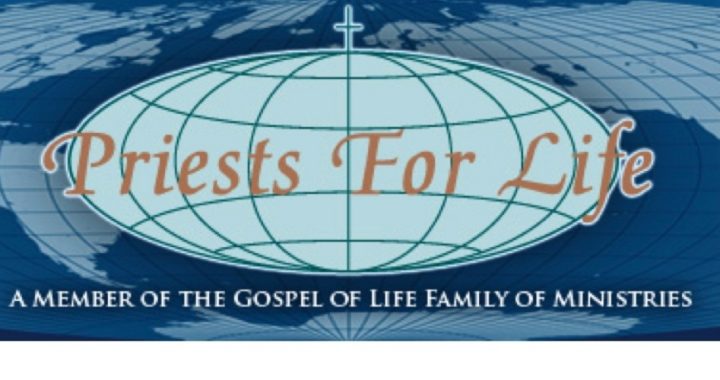
Lawyers for the Obama administration said on Thursday that faith-based nonprofits should continue to comply with a segment ObamaCare’s birth control mandate, as the Supreme Court’s Hobby Lobby ruling does not apply to those groups.
In the Hobby Lobby ruling, the Supreme Court justices determined that the federal government acted in violation of the Religious Freedom Restoration Act of 1993, which requires the government to accomplish its agenda in the most minimally restrictive way.
Writing for the majority was Justice Samuel Alito, who declared that the administration failed to show how the contraception mandate is the “least restrictive means of advancing its interest.”
Justice Alito said the requirement to provide contraception coverage imposed a substantial burden on the plaintiffs’ religious liberties and forced the companies to choose between preserving their convictions and paying substantial fines. “Any suggestion that for-profit corporations are incapable of exercising religion because their purpose is simply to make money flies in the face of modern corporate law,” Alito wrote, adding that by requiring religious corporations to cover contraception, “the HHS mandate demands that they engage in conduct that seriously violates their religious beliefs.”
Months after the Hobby Lobby ruling, the Circuit Court of Appeals for the District of Columbia Circuit determined that the HHS mandate does not violate the religious freedoms of non-profit religious groups because they can fill out a form to opt out of providing contraception to employees. But Priests for Life explained that by informing the government of the opt-out, the coverage is then provided by other groups, and the priests object to triggering contraceptive services.
In a 3-0 decision, the Court of Appeals ruled last November that the HHS mandate does not violate the religious freedoms of Priests for Life or any of the 11 other groups that challenged the mandate. The court declared that the burden on religious organizations to submit a form to declare their objection to providing such coverage does not serve as a substantial one, rejecting the notion that the process forces the plaintiffs to remain involved in the act of making contraceptives available to their employees.
But the nonprofit groups take issue with the accommodation, stating that the act of completing the forms helps to facilitate employee access to contraception coverage, thereby violating the groups’ convictions.
Following the Court of Appeals’ November ruling, Father Frank Pavone, director of Priests for Life, announced the pro-life group’s intent to appeal, and released the following statement:
There are such things as “insubstantial” burdens on the practice of the faith. For instance, we wouldn’t object if fire codes or zoning ordinances might make a church temporarily unavailable for worship. It may cause us an inconvenience, but it is not worship as such that is being outlawed in that case.
At issue in our lawsuit is an objective criterion: our inability to cooperate in evil is based on a verifiable, publicly stated belief of the entire Catholic Church, and that belief is not optional for one who wants to be a Catholic. When, therefore, the only options the government leaves a citizen are to violate his/her religion or violate the law, that is the same thing as making the practice of Catholicism illegal.
Priests for Life has asked the court to reconsider its ruling on the grounds that it violated the Supreme Court Hobby Lobby ruling. The group is asking the D.C. Circuit to hear their case en banc.
Fox News explains, “The group says the court’s decision contradicted the Supreme Court’s ruling in the Hobby Lobby case, which stated closely held corporations did not have to insure contraceptives that conflicted with their owners’ beliefs, particularly morning-after pills that some equate with abortion.”
Attorneys for the Obama administration contend that the Hobby Lobby ruling does not apply to nonprofits, however. “Unlike plaintiffs here, the plaintiffs in Hobby Lobby were closely held for-profit companies that were not eligible for the accommodations,” the government’s attorneys said. “The linchpin of the court’s ‘very specific’ holding in Hobby Lobby was the existence of the opt-out alternative afforded to organizations such as the plaintiffs in this case.”
Priests for Life rejects the notion that the existence of a religious exemption is sufficient to ensure the protection of religious liberties. “The government is using the same kind of arguments it has used in other lawsuits against the mandate brought by religious groups, namely, that because they have a religious exemption and in the light of promised changes in the mandate, these groups really aren’t being harmed, have nothing to worry about, and therefore no basis to sue the government,” Pavone stated.
But the administration argues that the nonprofits are asking for too much. “On plaintiffs’ reasoning, a conscientious objector to the draft not only can refrain from serving himself, but can also allege that his religion is substantially burdened if the government drafts a replacement to serve instead,” the government wrote.
While the Priests for Life appeal is pending, the group does not have to comply with the prior ruling, though they have already stated that they did not intend to comply. “It makes no difference whether plaintiffs must pay for the contraceptive coverage,” said the ministry’s attorneys. “What matters is that, in their religious judgment, it would be immoral for them to contract with a vendor that will provide the offending coverage to their plan beneficiaries.”




